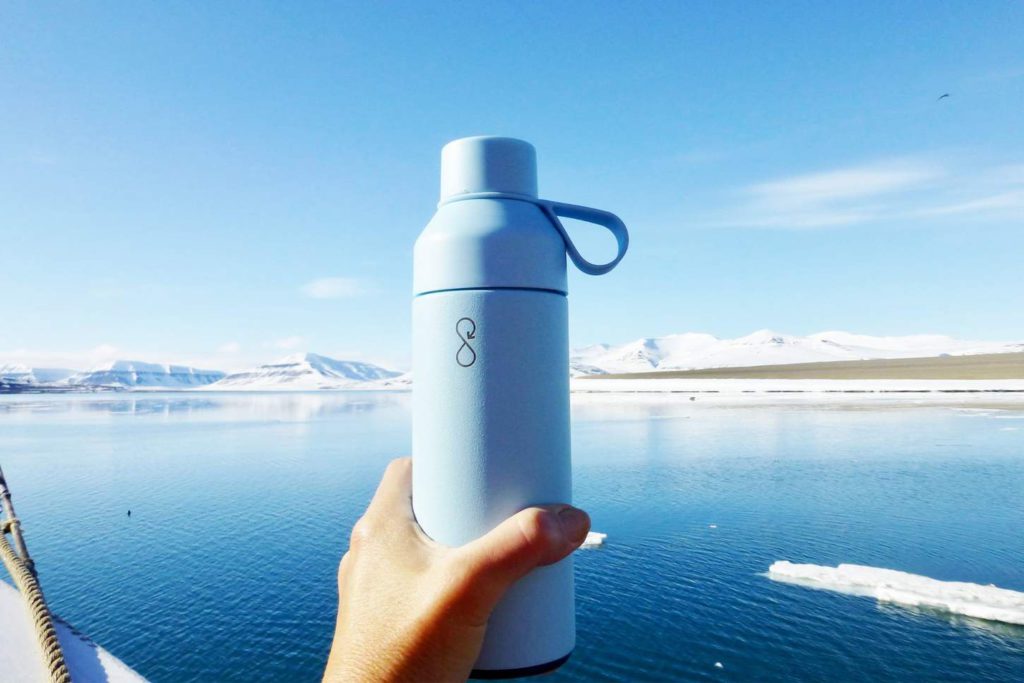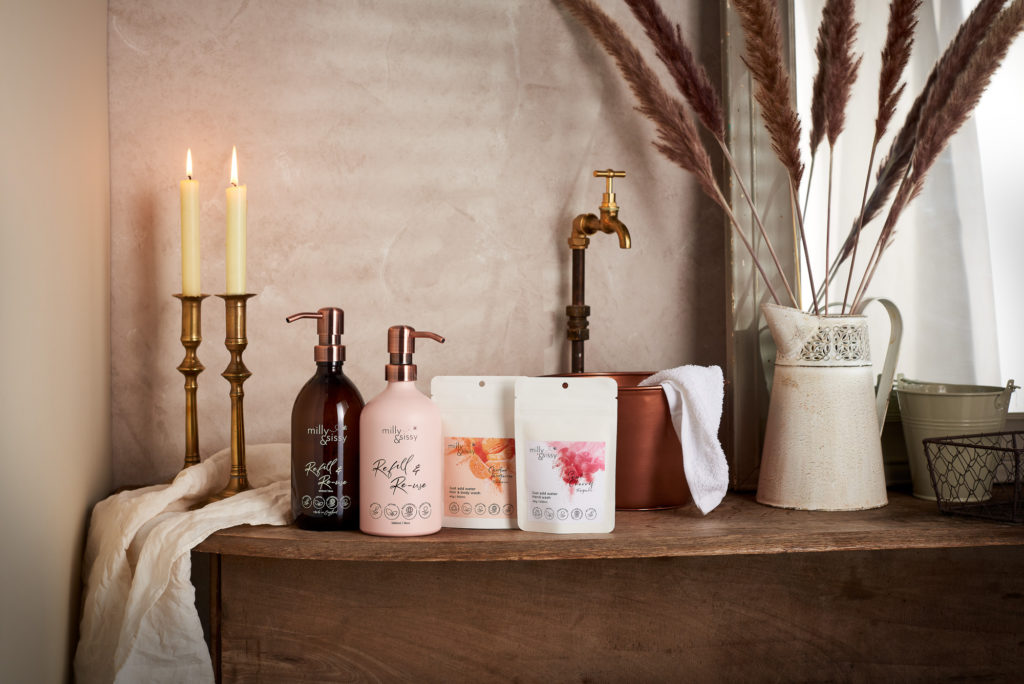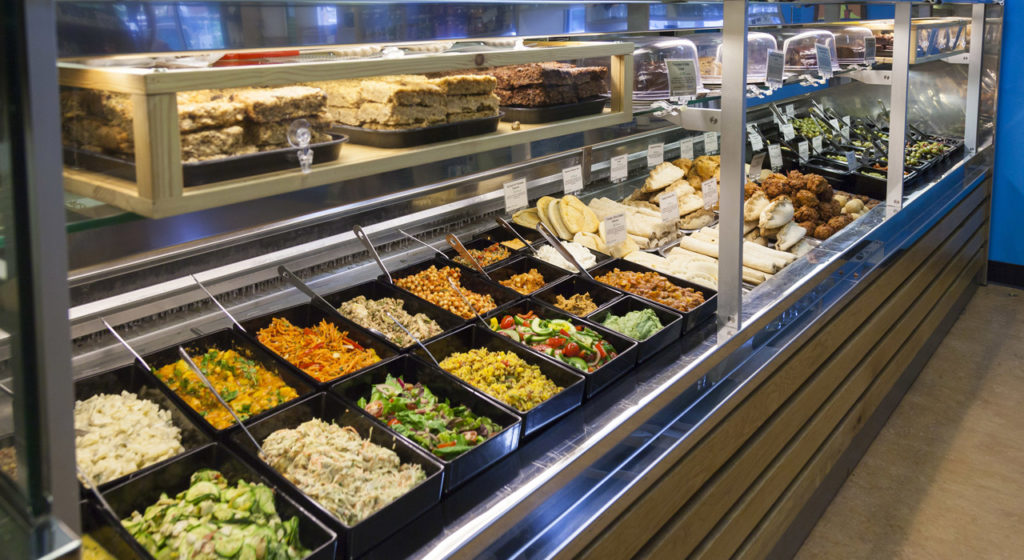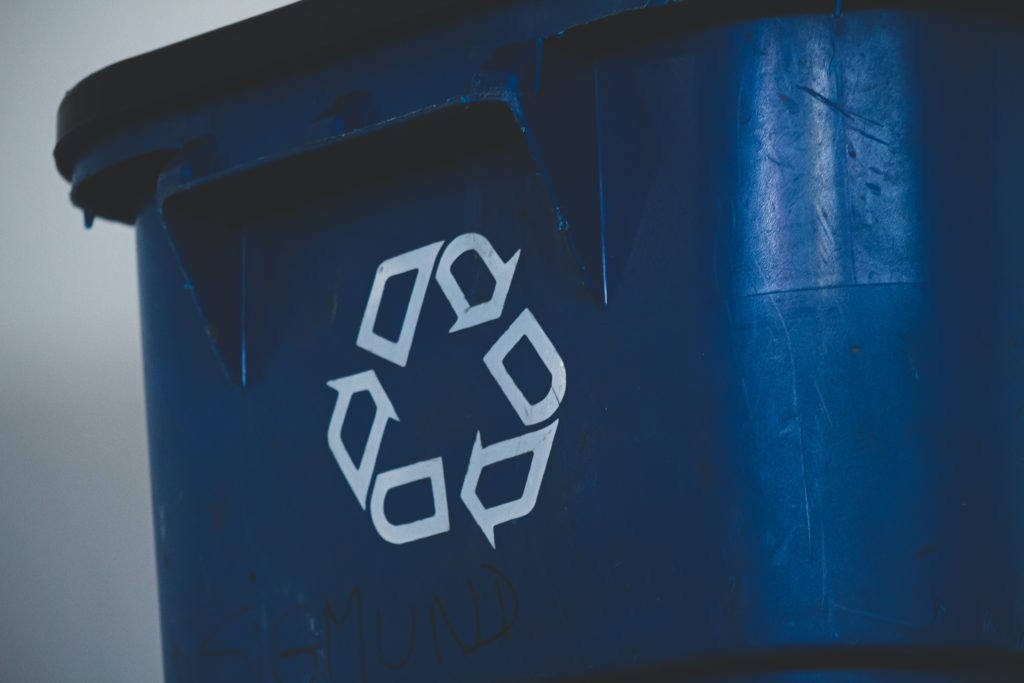TWEET THIS
Over 60% of people say reducing plastic waste is the most important cause to them when making a purchase decision. #plasticfreejuly #zerowastetips Click To Tweet
It’s that time of year again; Plastic Free July is here, a global movement dedicated to raising awareness and tackling plastic pollution worldwide. This campaign has gained increasing popularity over the years, with an estimated 326 million participants taking part last year, even amidst a global pandemic. Our very own study conducted here at Veo demonstrated that over 60% of people consider reducing plastic waste as the most important cause to them. But why are people so passionate about plastic? It is estimated that by 2050, there will be more plastic in the oceans than fish if significant changes are not made. Microplastics are destroying marine ecosystems at an alarming rate with traces also being found in the food we eat. It is clear that plastic pollution needs immediate action but it can be overwhelming knowing where to start. So we’re sharing some easy ways you can get involved in Plastic-Free July this month!
Review your everyday plastic use

One of the first ways you can begin the journey to reducing your plastic waste is to review your current usage. Do you find yourself buying a bottle of water and packaged meal deal on your daily commute to work? Maybe you consistently forget to bring your own bags on your weekly trip to the supermarket? Most of us use plastic so much in our daily lives that the amount of waste produced often goes unnoticed. But the great news is that many of these uses can easily be swapped out for reusable alternatives. Instead of buying a bottle of water with your meal every day, invest in a reusable bottle that you can refill as many times as you like. Keep your shopping bags by the door, in your bag, or in the boot of your car to make them easier to access whenever you need them.
Find new uses for your plastic waste

Once you’ve got an accurate idea of where your plastic waste is coming from, you can begin to find ways to reuse it. This is the perfect time to get resourceful and creative with upcycling. By turning your takeaway containers into food storage or using your empty water bottles for bath/cleaning refills, you can give your waste items new life, keeping them out of landfill for longer. To stock up on zero waste refill essentials, check out brands such as Milly & Sissy for natural bath & body formulas and Mix Clean Green for toxin-free cleaning products.
Try out a local zero waste store

Zero-waste shopping is becoming more common every day with independent retailers and even popular supermarkets launching refill stations within their stores. From cereals, pasta, and pet food to beauty supplies and cleaning refills, these stores are the perfect way to stock up on all your essentials without buying into additional plastic waste.
Get to know your recycling codes

A lot of times we think that doing our part towards reducing plastic waste is as simple as throwing it all in the recycling bin however this is not always as effective as we’d think. One thing that often gets overlooked is that different types of plastic cannot actually be recycled effectively or easily depending on the facilities available in a specific country or region. To know whether your plastic waste can be recycled or not, you’ll need to look at the resin codes. As a general rule, the lower the number, the easier it is to recycle. Plastics that are generally easier to recycle include Polyethylene Terephthalate (PET), used in water and drinks bottles, and High-Density Polyethylene (HDPE), used in milk cartons and shampoo bottles. One plastic that is far more difficult to recycle is Polystyrene (PS) which can often break down into small pieces and enter water systems, impacting marine wildlife who accidentally ingest the pieces as food. By deciphering between these plastics you can figure out what you can effectively recycle and what you should try to find a new use for.
So those are just a few easy ways you can start to tackle plastic waste within your daily life. Going plastic-free, like any zero-waste practice is all about progress and not perfection. By making a few small changes every day, we can all make a major difference to the future of plastic waste. If you liked this post, you’ll love our blog on How To Make Your Grocery Shop More Eco-Friendly!